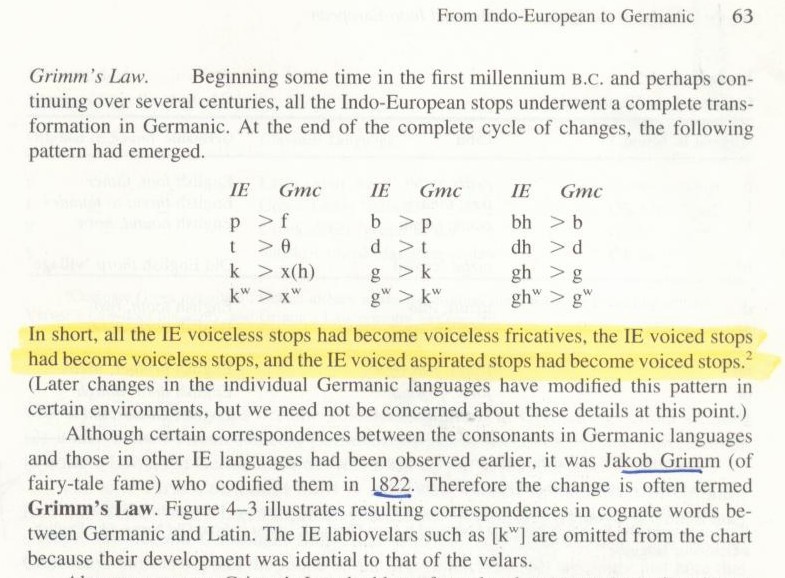One of the great joys of teaching online is the magnificent encounter with strangers. One of my pair of students is a philosopher and a linguist from one of the best universities in the world. I thoroughly enjoy every single one of the class because of how utterly intriguing their questions are. Recently the philosopher asked me about the functions of the Indonesian prefix ter-. When paired with a verb, there are three main functions of this prefix: Stative: it describes a state or a situation as it is Buku ini terletak di meja. The book lies on the table. (the…
-
-
The word linguistics is composed of two morphemes linguist and –ics. The base morpheme linguist derives from the Latin word lingua (“language” or “tongue”) whilst the suffix -ics tends to generate nouns that refer to fields of knowledge and practice. Does that explain anything about linguistics? No, anyone can google that. Does it sound ‘linguisticky’? Probably, especially if you trace back lingua to ,the Old Latin ,dingua, ,which has even been analysed down to its Proto-Indo-European (PIE) root. But that’s not linguistics. That’s etymology (the study of the origins of words), and it’s only a minuscule aspect of the whole…
